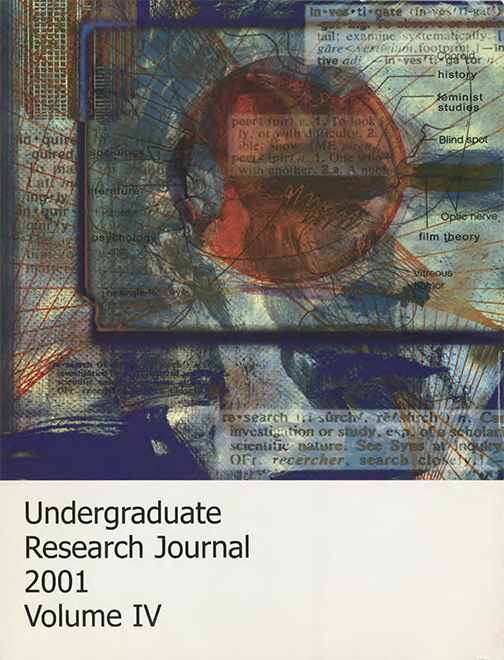THE DARDANELLES OPERATION: CHURCHILL'S DISGRACE OR THE BEST IDEA OF WORLD WAR I?
Main Article Content
Abstract
In the years following the First World War, many myths regarding its tragedies and failures became ingrained, while its few possibilities were forgotten. There were, in fact, two instances in which an earlier and more preferred end to the Great War could have occurred. The well-documented failure of Germany's Schlieffen Plan would have ended the war in 1914 with a German victory. The most spectacular catastrophe ofW orld War I is known today by one word: Gallipoli. Yet this campaign in 1915 to knock the Ottoman Empire from the war is often described as a good idea gone bad. This thesis explores in-depth the military operation which preceded Gallipoli known as the Dardanelles operation. The goal of the Dardanelles operation was a surprise British naval assault, knocking out the forts on the Turkish shores of the Dardanelles, seizing Constantinople, knocking Turkey from the war and bringing the nations of the Balkans to the Allied cause. This campaign has receded from memory and fallen from the pages of written history, and would have remained so but for the voluminous writings of young Winston Churchill, the First Lord of the Admiralty in 1915. The introductory sections of this thesis explore the military and political history of this region, giving insights as to its significance by 1915. The conclusions reached as a result of these previous naval and amphibious campaigns are explored in the next section, as are the views of those opposed to the operation. The writings of the British high command, both in London and on the front lines, explain the hesitancy and confusion that led to the eventual abandonment of the Dardanelles campaign. The words of the German military and the Turkish government are used to support the authors thesis that spectacular success was achievable, that it was in fact at hand, and that victory obtained here would have dramatically altered the future course of events, perhaps even inducing an end to the Great War in 1915.
Downloads
Download data is not yet available.
Article Details
Section
Articles
IUSB Student Journal Copyright Agreement
☐ I declare that this submission is my original work, and that it does not, to the best of my knowledge, infringe upon anyone's copyright.
☐ I agree that that [the journal] may, without changing the content, translate the submission to any medium or format for the purpose of preservation.
☐ The Undergraduate Research Journal may keep copies of my submission, and to translate it to any medium for future reproduction and distribution. I understand that I have the right to request that my submission be removed from IUSB online sources at any time by emailing Stephen Finlay, IUSB ScholarWorks administrator, at scfinlay@iusb.edu. Once I have made the request, the item in question will be taken down immediately.
